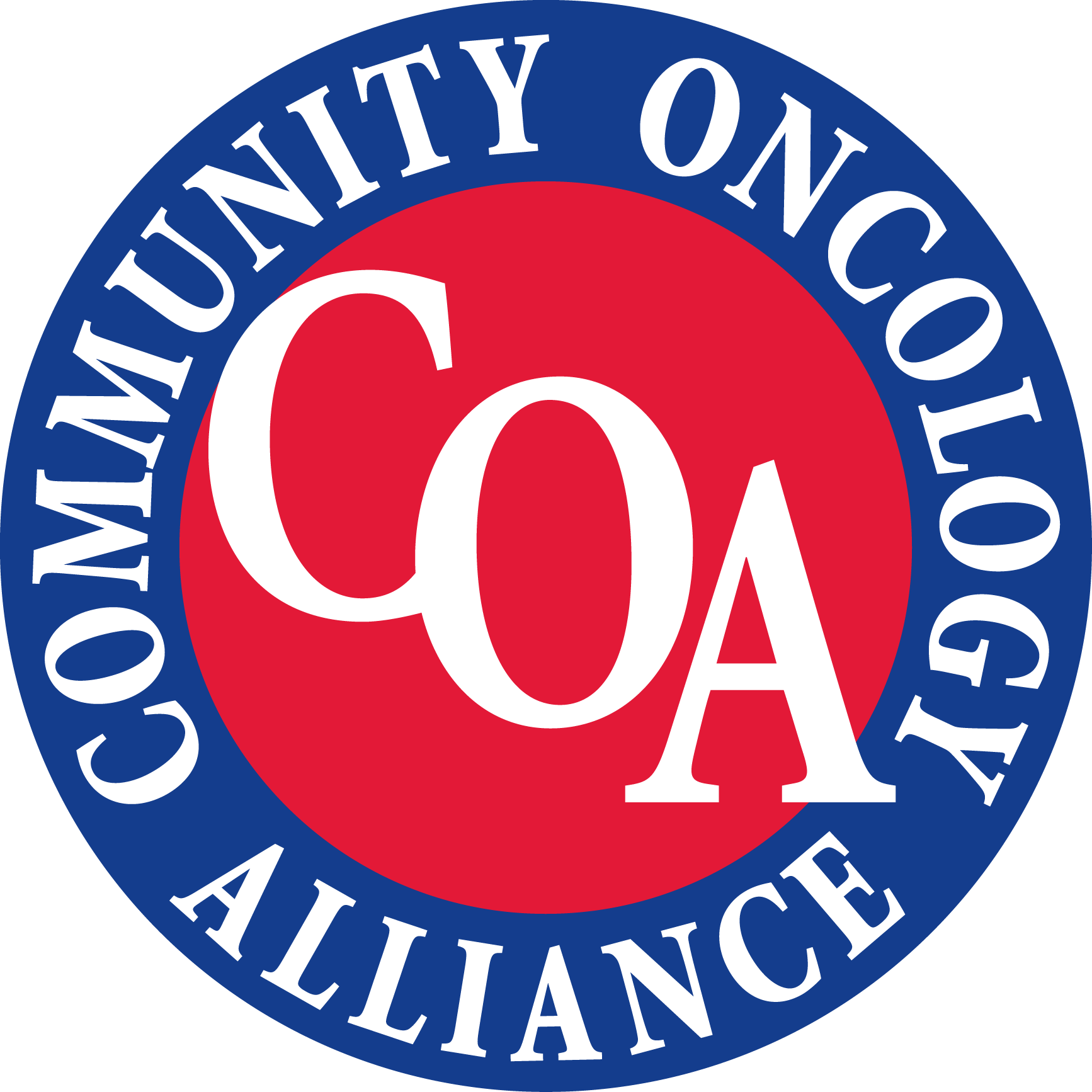
COA Asks CMS to Resolve Express Scripts’ “Underwater” Payments Following End of DIR Fees

The Community Oncology Alliance (COA), which represents independent cancer care practices, has asked CMS to act following a dramatic drop in reimbursements from Express Scripts, Inc. effective January 1, 2024.
The Community Oncology Alliance (COA), which represents independent cancer care practices,
Under a new rule adopted last year, CMS now prohibits Medicare Part D plan sponsors and pharmacy benefit managers (PBMs) from retroactively assessing direct and indirect remuneration (DIR) fees, which were often charges based on quality metrics designed for primary care practices that oncology practices could never meet.
Many oncology practices operate their own in-house pharmacy, so they can adjust patients’ regimens on the spot after seeing a patient and reviewing tests. These DIR fees were assessed on oncology practices months after the claim had been submitted and paid under Part D.
Oncologists anticipated that shutting off the DIR revenue stream would invite pushback from health plans and PBMs. However, during a webinar earlier this month, COA leaders and Pontchartrain Cancer Center CEO Kathy Oubre, MS, said reimbursement cuts are worse than anticipated. Cuts vary from drug to drug and from plan to plan—and Oubre even found differences across plans within a given payer.
ESI’s 2024 contract, however, is offering reimbursement rates in which the payment to the oncology practice is less than the cost of acquiring the drug. Thus, if a practice opts to write the prescription for the convenience of the patient, it does so at a loss. During the webinar, leaders said that COA learned from provider associations in other specialties and groups that represent independent pharmacies that this change appears to be widespread.
COA sent letters to ESI and to CMS on February 22 “expressing serious concerns about underwater reimbursement to independent community oncology practices, as well as for other specialty and retail pharmacy providers,” the group said in a statement. ESI’s contract, the statement said, “is reimbursing pharmacy providers below the cost of doing business, endangering their ability to provide care and medication for patients with cancer and other serious diseases.
In its letter to CMS, COA took specific issue with the indefinite reimbursement terms at point of sale. “ESI’s contract guarantees providers reimbursements only ‘up to an average discount’ off Average Wholesale Price (‘AWP’) (‘up to an average’ of AWP minus 24%)."
This language, COA stated in its letter, means “there is no clear, consistent reimbursement rate for each drug,” and, in fact, 2 different providers could receive different reimbursements on the same day at far different rates.
There is no specificity of payment, despite a requirement in Missouri law, the letter states. Oncology practices are left with no way to predict what reimbursements will be. COA
Similarly, COA’s letter to ESI President Adam Kautzner, PharmD,
In its statement, COA said ESI is motivated by profit, pure and simple. Its practices risk further undermining independent pharmacies that serve rural or underserved communities and creating more “pharmacy deserts.”
Ted Okon, MBA, executive director of COA, said, “This brazen attempt to squeeze cancer care providers and pharmacists will only hurt patients. When practices close their doors because they cannot afford to do business, patients are forced to travel farther and pay more for lifesaving drugs. It is a sad state of affairs when patient health is secondary to better PBM profit margins.”
“COA hopes that ESI is willing to work together to resolve this issue but is working to educate Congress and is prepared to pursue legal remedies, if necessary,” the group said in its statement.
Newsletter
Stay ahead of policy, cost, and value—subscribe to AJMC for expert insights at the intersection of clinical care and health economics.








